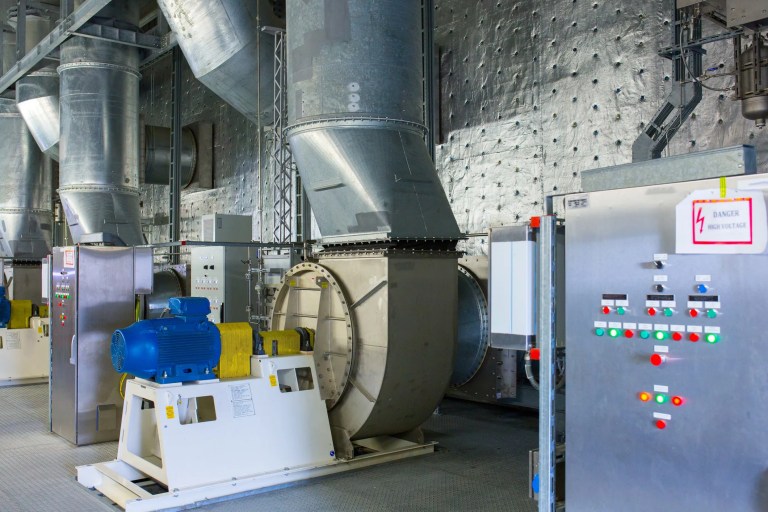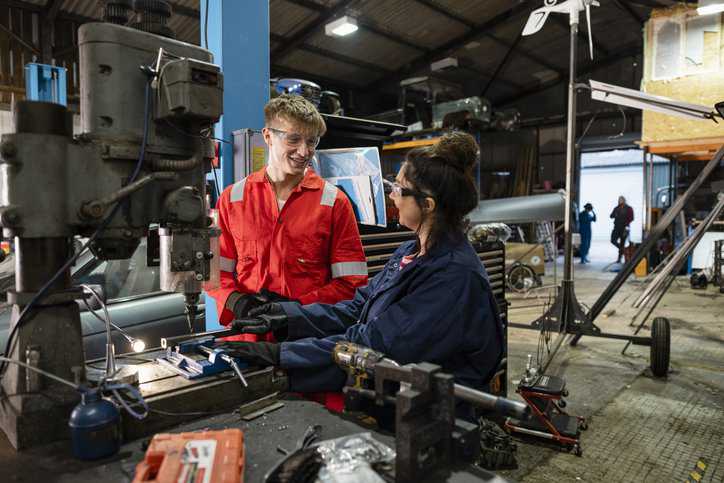Building Certifications for Energy Efficiency
Did you know that buildings are responsible for about 30% of global final energy consumption and over half of electricity use? This energy is used…

Did you know that buildings are responsible for about 30% of global final energy consumption and over half of electricity use? This energy is used…

The buildings sector includes energy used for constructing, heating, cooling, and lighting homes and businesses as well as the appliances and equipment installed in them—all…

In today’s fast-evolving digital world, sustainability in software development is just as critical as energy-efficient hardware. The rise of green coding—also known as carbon-conscious software…

If you are a movie enthusiast looking to enhance your viewing experience, understanding the impact of IEC 62087 standards can make a significant difference. These…

Investing in clean indoor air is essential because people spend up to 90% of their time indoors, where pollutant levels can sometimes be higher than…

At the intersection of health, environment, and poverty alleviation—especially in low- and middle-income countries—clean cookstoves offer a key solution. Their promotion is directly linked to…

The American National Standard for energy efficiency in existing buildings, ANSI/ASHRAE/IES Standard 100, has been revised. New buildings continuously emerge. New indoor environments are introduced…

The output of remanufacturing in the United States is worth $75 billion, providing 180,000 full-time jobs. Additionally, over 85% of the raw materials used to manufacture…

Light Emitting Diodes (LEDs) are increasingly being introduced into the lighting market; as such, solid state lighting (SSL) is becoming the norm, largely due its…